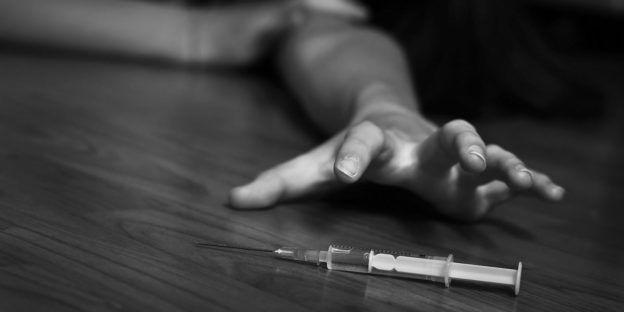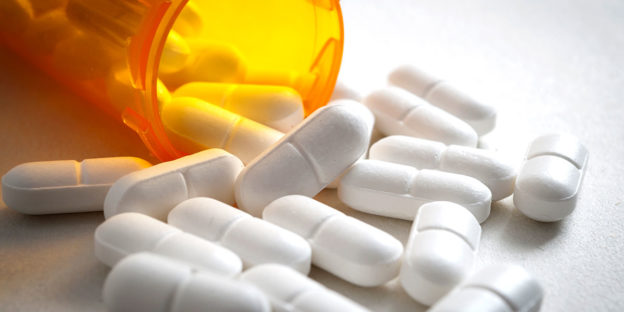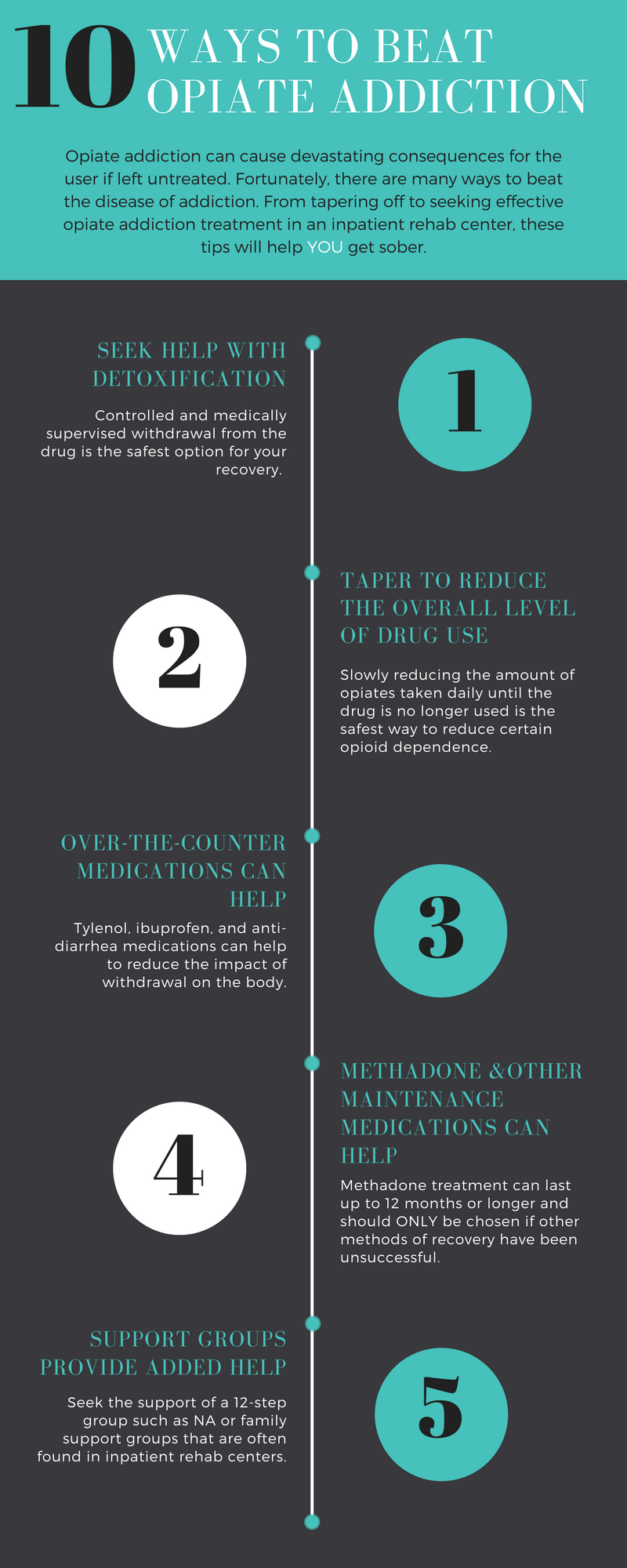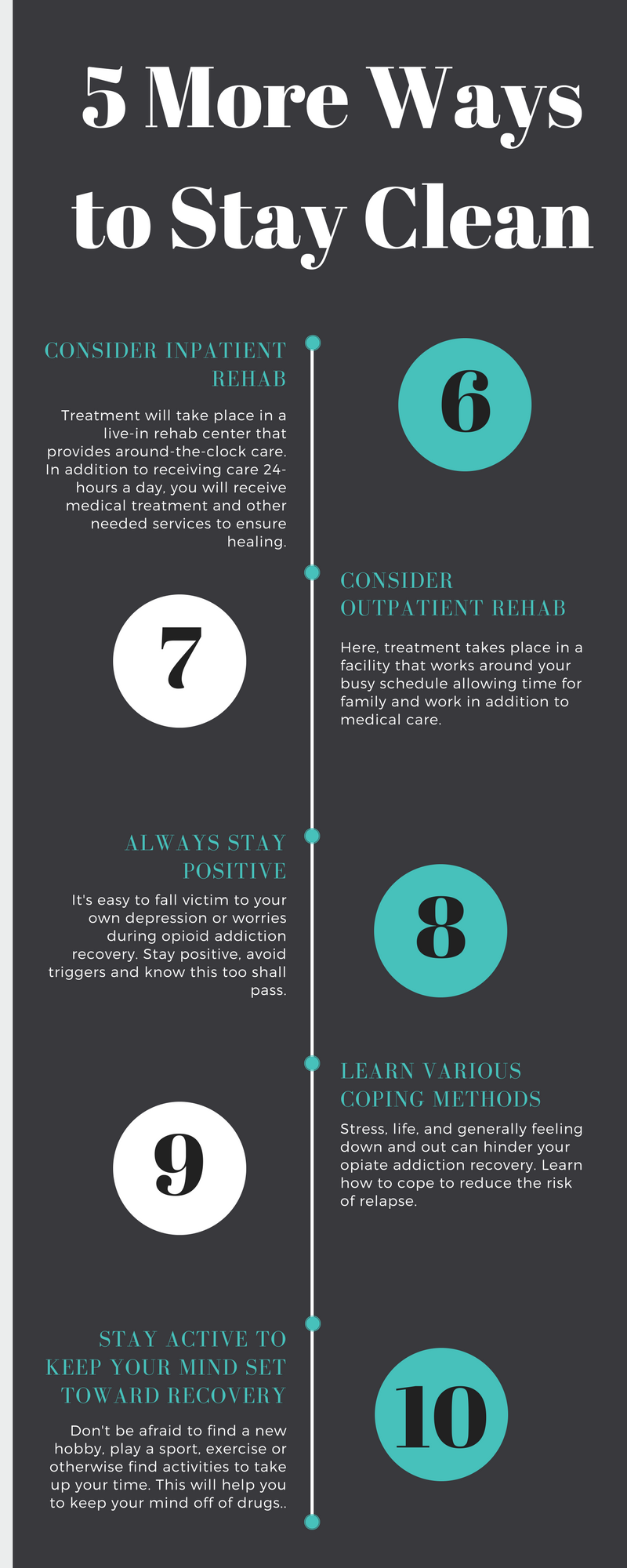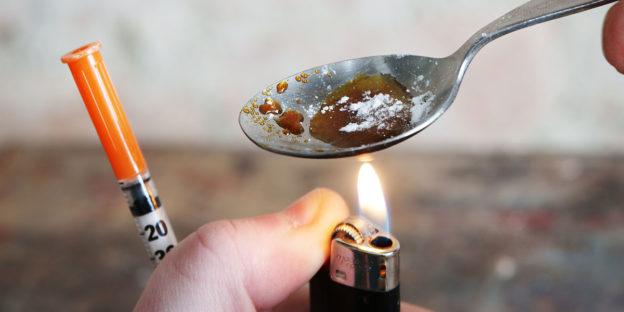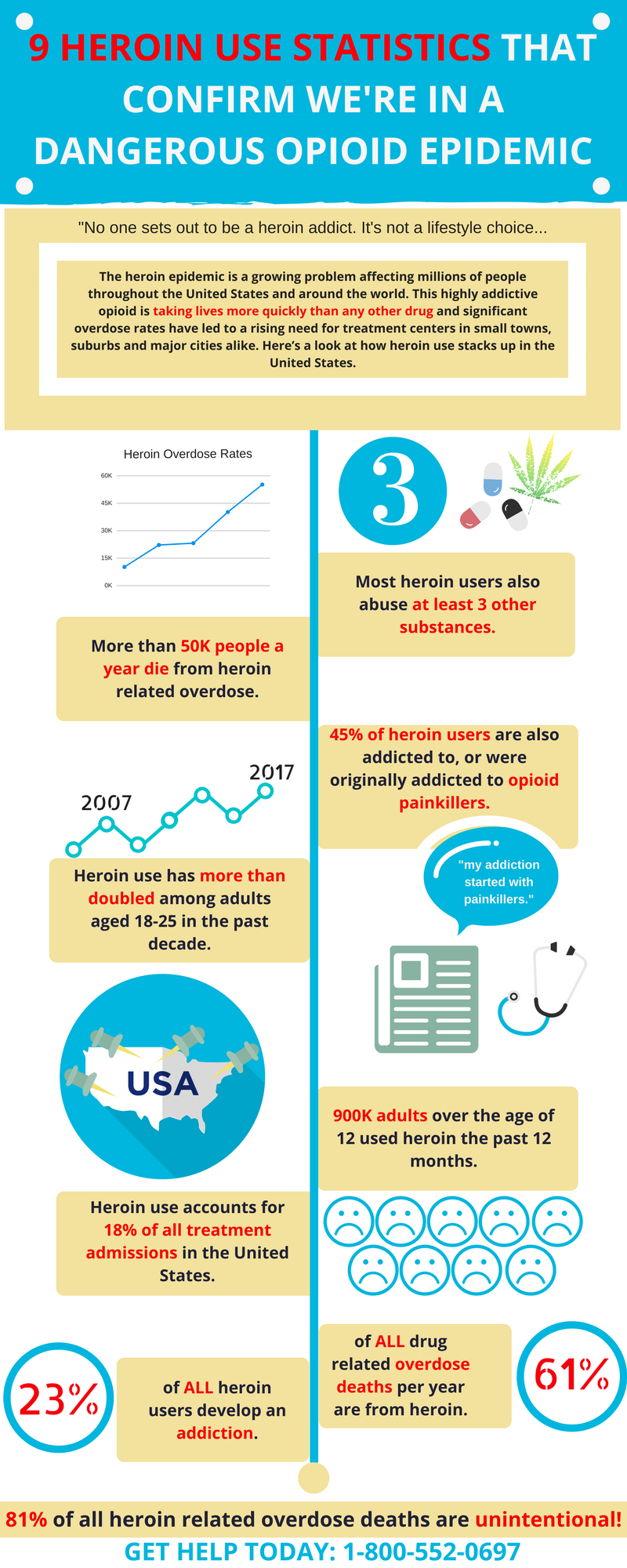 All addiction feeds on denial and it is very common for people to continue abusing heroin for ages after their use has developed into full-blown addiction without acknowledging that there is a problem. If you are beginning to see that you might have a problem, it’s good to take some time and consider whether or not you are dealing with an addiction that may require inpatient rehab.
All addiction feeds on denial and it is very common for people to continue abusing heroin for ages after their use has developed into full-blown addiction without acknowledging that there is a problem. If you are beginning to see that you might have a problem, it’s good to take some time and consider whether or not you are dealing with an addiction that may require inpatient rehab.
The following tips will help you to decipher whether you’re dealing with a serious problem or if your heroin use may be something that you still have full-well under control. Remember though, most people who abuse heroin are addicted and cannot stop without professional treatment in an inpatient rehab center.
Dependence vs. Addiction
It is important to remember that heroin use disorder is an umbrella term that covers a wide range of abuse drug use behaviors, including dependence and addiction. These two terms refer to different things.
Dependence refers to a physical reliance on heroin. You must continue using the drug to stave off withdrawal symptoms. This occurs because your body is no longer producing endorphins naturally and you don’t “feel good” without the heroin triggering your body to release the natural feel good hormones. Normally, your body would produce enough endorphins to stop withdrawal, but increased tolerance to heroin disrupts the body’s attempt to maintain equilibrium.
Addiction, on the other hand, is classified as a disease. It is considered a “chronic, relapsing brain disease that is characterized by compulsive drug seeking and drug use, despite harmful consequences.” by the National Institute on Drug Abuse. Cravings will drive addicts to continue using regardless of the outcomes or consequences that result.
Whether you’re dependent on heron to get out of bed each day, or you have an addiction that makes you feel sick, uneasy and otherwise like you cannot possibly making it through life without this drug, you need help. Call 1-888-605-7779 to find an inpatient rehab that will support you needs.
If I am Dependent, Do I Really Need Rehab?
If you have an addiction, you certainly need to enter into a structured, formal inpatient rehab program. There is no doubt that this is true. However, as dependence is not as severe as addiction, many people feel they should be able to conquer the withdrawal process independently. Sadly, that’s not necessarily true.
Yes, heroin dependence is easier to treat. Typically, it can be managed with medication after an appropriate detox period. However, there isn’t a home substitute for professional care and medication. While you could try to control your use it’s best to go to the experts and undergo a period of rehabilitation to ensure your health and healing.
Is it Possible to be Dependent without Being Addicted?
Yes. It is possible that you are dependent on heroin, but not addicted however it’s unlikely. Heroin dependence quickly transitions into heroin addiction. Unlike other drugs that may cause dependence that lingers for some time but isn’t technically an addiction, heroin use tends to flow straight past dependence to addiction with almost no time in between the change. If you think you’re merely dependent, try quitting—if you can’t quit on your own, seek the help of a professional inpatient rehab center by calling 1-888-605-7779.
Signs and Symptoms of Addiction
If you’re secretly using heroin, you may be able to keep it hidden for some time but your drug use will eventually show. Your loved ones and friend will figure out that you’re struggling. Even if you make it a point to only use when you know you have privacy and won’t have to be around others who will judge you a time will come where you can’t hide anymore. The symptoms of the addiction will become evident and your ability to “wait” for the perfect time to get high will no longer be possible because your cravings and withdrawal will outweigh any rational decision making that you have left. This is the first MAJOR sign of heroin addiction.
Additional signs of addiction include:
- Constricted pupils for up to 5 hours after getting high.
- Disorientation and shallow breathing.
- Lack of self-care and hygiene.
- Cycles of use that cause rapid weight loss or weight gain.
- Physical indicators including: diarrhea, muscle cramps, yawning, sneezing, and tremors.
Additional Signs of Addiction to Heroin
Drowsiness is such a common sign of heroin use that the condition has its own name: the nods. When a person uses heroin, they experience a euphoric rush that extends for a few, short, minutes. After that, users experience a state of drowsiness that lasts for hours. Therefore, drops in energy, an increase in periods of drowsiness and their frequency, and sleeping at strange times can all be signs of recent heroin use. You might also observe slow or slurred speech and mental fogginess.
If the heroin addiction is the product of IV drug use, there will be additional signs of the drug use which include:
- Bruises
- Scabs
- Needle marks
- Scars
- Abscesses (infections of the skin that create large masses)
Unless a recent medical procedure has taken place there is no reason for these marks to be present. Track marks and other signs of intravenous heroin use are most commonly seen on a user’s arms due to the abundance of easy-to-penetrate veins, but these signs may also appear between the toes, on or around the ankle, or on the neck.
If you think that you or a loved one might be addicted to heroin, call 1-888-605-7779 today for help. We’ll support you and help you get into inpatient rehab.
